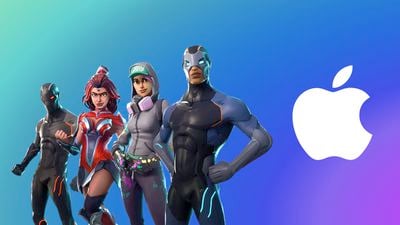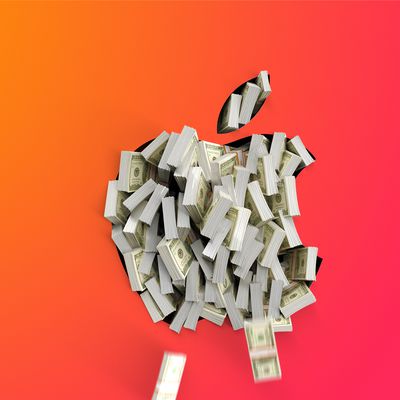The ongoing legal dispute between Apple and Epic Games continued on today, with a preliminary injunction hearing taking place this morning. We're still waiting to hear the judge's official ruling, but it looks like Epic is not going to be granted an injunction to allow Fortnite back into the App Store as the case unfolds.

Many of the arguments that lawyers for Apple and Epic Games made were similar to the original arguments made in the hearing for the temporary restraining order, which did not exactly go in Epic's favor as Judge Yvonne Gonzalez Rogers, who is overseeing the case, declined to order Apple to allow Fortnite back into the store at that time.
Epic Games continued to argue that Apple has an App Store monopoly and charges excessive fees, but the judge pointed out that the 30 percent rate that Apple collects is the "industry rate" collected by PlayStation, Xbox, Nintendo, Amazon, Walmart, Best Buy, Google, and more. "It's all 30 percent and you just want to gloss over it," the judge said to Epic's lawyers.
In response, Epic claimed that consoles are "different" because the hardware is sold at a loss, but the judge was unconvinced. "There doesn't seem to be evidence supporting what you're saying," she said.
Epic said that it wants to create its own store to distribute apps on iOS, but Apple's anticompetitive behavior prohibits it. In response, Apple's lawyers said the request was an indictment of Apple's "entire business model" focused on the "safety, security, and privacy of its users."
Judge Rogers questioned Epic on when, exactly Apple became a monopoly given that its App Store rules have remained unchanged since the App Store launched, which Epic had no solid answer for, responding only that it was a monopoly when Fortnite came to iOS in 2018. She also said that walled gardens have existed for four decades and that what Apple's doing isn't too different. "They created a platform," she said.
She also reiterated that Epic Games made a "calculated decision" to defy Apple's App Store rules, and the court doesn't provide injunctions for contractual disputes. Epic was "not forthright," she said. "There are people in the public who consider you guys heroes for what you did, but it's not honest."
There was a suggestion that the 30 percent fee Epic is meant to be paying Apple could be put into an escrow account that would be doled out at the end of the legal dispute, which is one potentially way that Fortnite could make it back into the App Store in the near future, but it's not clear if the two companies will agree to that.
As noted by CNET, Judge Gonzalez Rogers recommended that Apple and Epic Games consider a trial by jury, which would ensure that the final judgement is better able to stand up to a future appeal. Apple and Epic will need to request the jury trial, however. Regardless of whether there is a trial by jury, the full case is expected to be heard in July 2021.




















